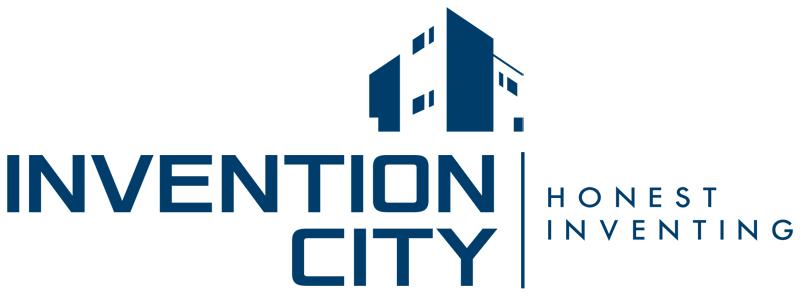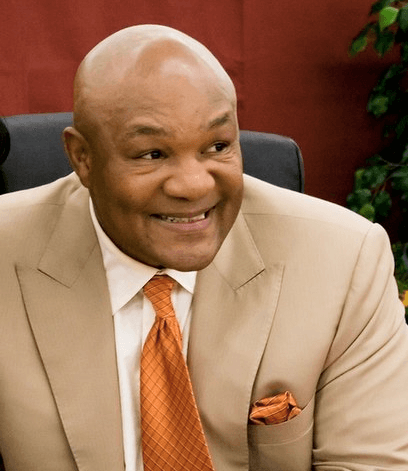George Foreman Inventor Ad

Professionals who want to make money with you, not from you.

After a successful career as a boxer, George Foreman put down his boxing gloves, marketed the grill that bears his name, made oodles of money and became a loveable, trustworthy, grandfather figure. In recent years he's been appearing in ads for "his friends" at Invent Help, an invention services company (not related to Invention City). You can see the ad here. George Foreman didn't make his money by using Invent Help's services. He made his money by marketing a grill developed by others. There's nothing wrong with that and there's nothing wrong with him selling Invent Help's services either. But inventors should know how those services work and before they sign up with Invent Help or anyone else they should try and do as much as they can on their own.
If you have the time and are committed enough, the best way to commercialize your invention is to do as much as you can yourself with the help of professional advisers at a few critical points, like patent filings and contract negotiations. No one will ever care as much about your invention as you do. When you do seek professional help you should keep in mind that everyone who helps you has their own agenda.
Patent attorneys are paid by the hour and have economic incentive to encourage you to file for patents even if your invention has little chance of market success. Who are they to judge whether or not something will sell? That's up to you. Their job is to help you protect it. Likewise prototyping companies, engineering firms and manufacturers in general. If you can pay the fee or costs, those businesses will say yes. It's how they're structured and there's nothing unethical about it.
Invention service companies like Invent Help work similarly. They make nearly all of their money by providing services for fees, just like lawyers. They sometimes make a little money from successfully commercializing inventions, but that is gravy. There's nothing wrong with this. Most inventions fail (even good and great ones) and in order to maintain the infrastructure to pay for their services those companies need to charge fees for what they do. Without judging the quality of those services, the point here is that fee-based invention service companies, like lawyers, have an economic incentive to encourage you to proceed, regardless of the likelihood of your invention's market success.
Invention City's model is to make the bulk of its money from turning invention ideas into successful products. There's an infrastructure to maintain and a small review fee is charged to offset some of it. The fees from reviews are not anywhere close to providing the company with something could be called "profit." Unless I-City successfully commercializes inventions its business will fail. Thus, the company needs to invest time and energy only in things it thinks will succeed. You could call it "Inventure Capitalism".
Whether you proceed with an Inventure Capitalist like Invention City or a more traditional invention service company or forge ahead on your own, consider the agenda of the people and companies you work with. Make their agenda work for you.
You can read more about the George Foreman Grill story here.
share this article: facebook